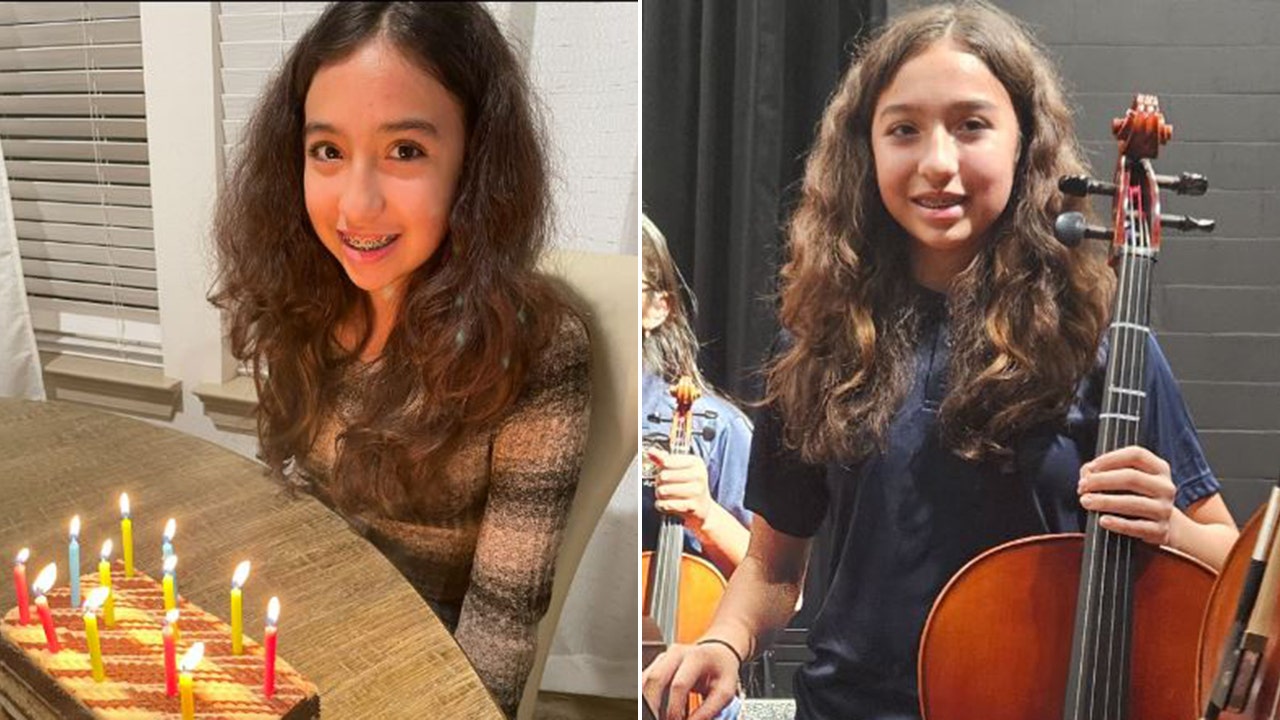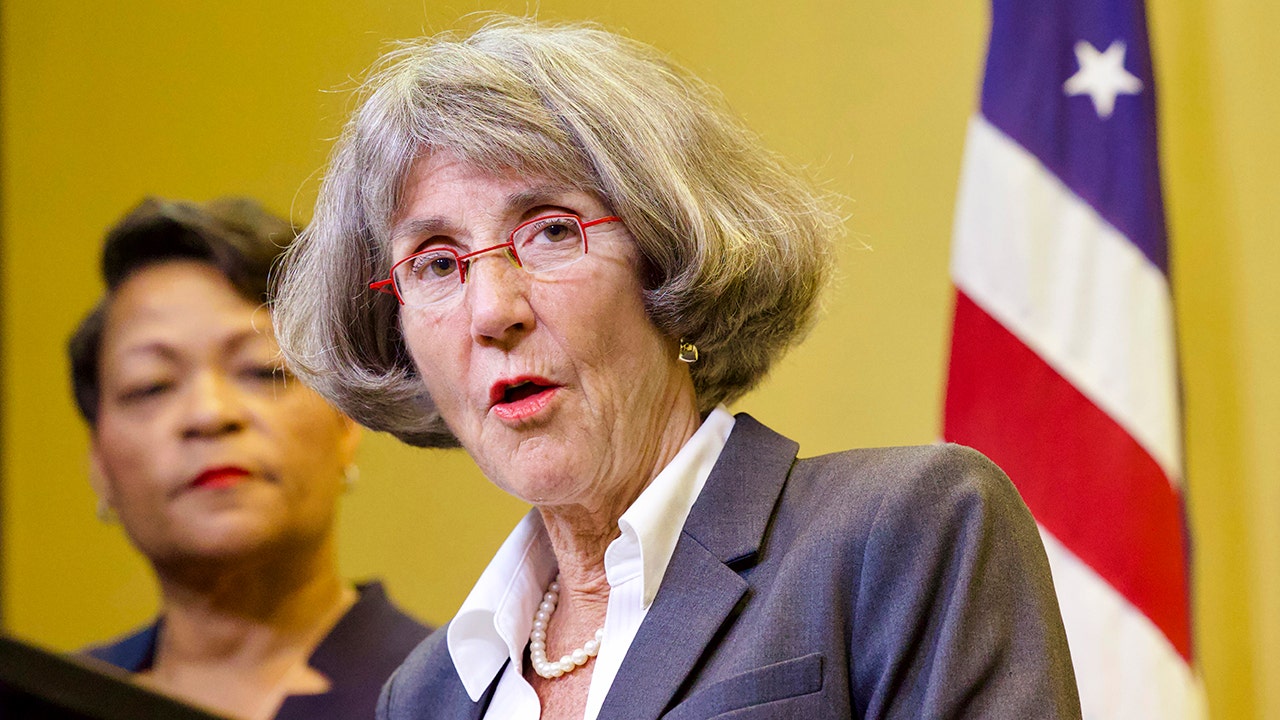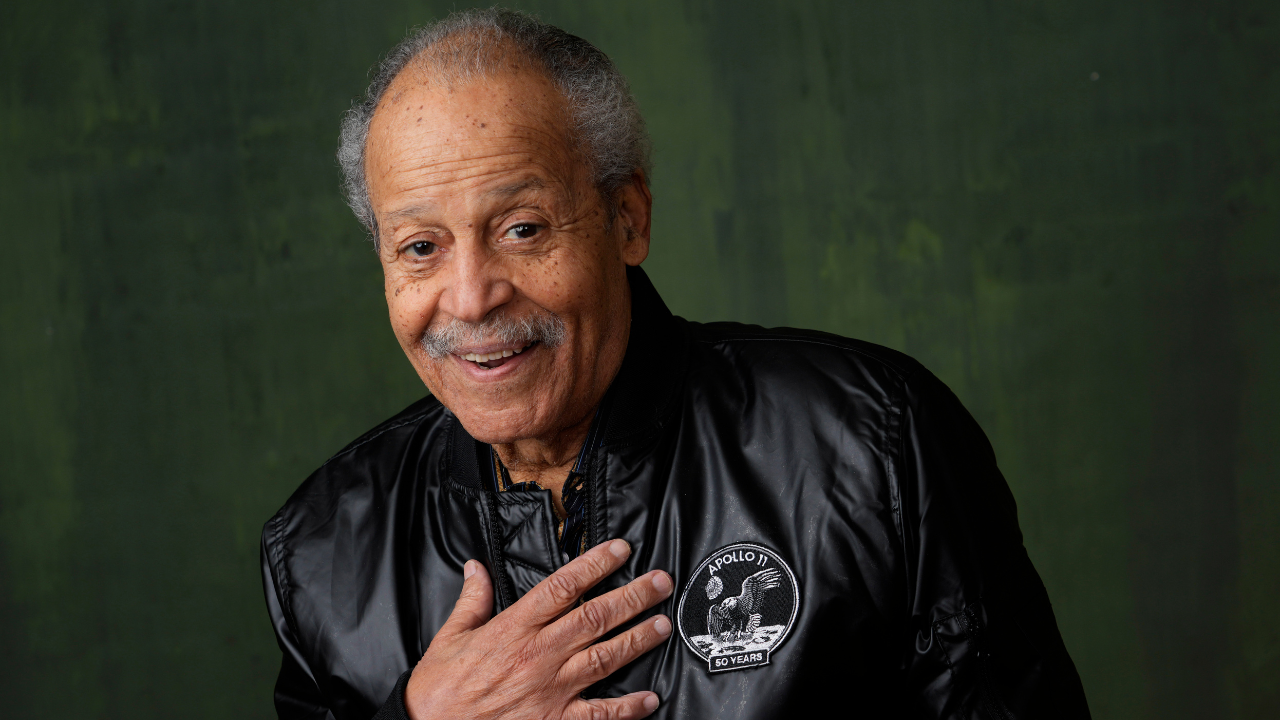Leah found out she was five weeks pregnant on the same day that the Arizona Supreme Court upheld an 1864 law banning nearly all abortions in the state.
The law is not expected to take effect until June, but Leah, 29, worried that the state’s abortion clinics might be overwhelmed by an influx of patients or shut down abruptly. And she could not afford to take time off from her job installing bathroom showers to travel to another state for the procedure.
So on Saturday morning, she threaded past a handful of protesters waving signs that read “You Shall Not Murder” and checked in at the Acacia Women’s Center in Phoenix.
“I might have taken a couple more weeks” to consider her options, she said. “But I kind of felt like my hands were tied.”
The court’s ruling this week reinstated a Civil War-era law that outlaws abortion from the moment of conception, which could have far-reaching consequences for women and has the potential to reshape the 2024 election. Inside the lobby of Acacia, the ruling felt deeply personal to Leah and other women, a decision that made them reluctant players in a series of national battles over contraception, in vitro fertilization and women’s health.
The ruling set off outrage and political maneuvering. The state’s Democratic lawmakers scrambled, but failed, to repeal the law and lawyers on both sides are preparing for more battles over whether to implement it.
As the patients at Acacia scrolled through their phones and texted friends while waiting for their names to be called this weekend, they said the judges and politicians who supported banning abortion did not understand their lives, or why they had decided to get abortions.
In the decision, the justices said that because the federal right to abortion in Roe v. Wade had now been overturned, nothing prevented Arizona from enforcing the 1864 law. They also said their job was to interpret two potentially conflicting state laws, not to make a policy judgment about abortion.
Abortion-rights groups argued that the 1864 ban — which prohibits all abortions, including in cases of rape or incest, but makes an exception for ones that would save the mother’s life — had essentially been superseded by a 2022 law prohibiting abortions after 15 weeks. But Arizona never took the earlier law off the books, and the 15-week ban stressed that it was not repealing the 1864 law or creating any state right to abortion.
The women at the clinic said it was already challenging to get an abortion in Arizona. Patients have to consult with their doctors and have a sonogram at least 24 hours in advance, as well as listen to a state-mandated script describing the risks of abortion and development of their fetus. Some of Arizona’s seven abortion clinics were already booked through the end of April, they said, and they worried that their window was closing fast.
Patients at Acacia raced to find out: Would their appointments be canceled? Where would they go if Arizona’s clinics shut down? Would they have to continue their pregnancies?
“It freaked me out,” said Joanne, 29, who called the clinic the instant she heard about the ruling. “It’s terrifying. It’s baffling that it would even be a reality.”
Most of the 10 women interviewed for this article asked to be identified only by their first names to protect their privacy or to avoid losing their jobs.
Some came alone, and said they could not tell their parents they were pregnant. Others sat with their mothers or boyfriends. They counted out cash for the procedures — $1,000 for a surgical abortion, and $750 for abortion pills — and made plans with family about how to get home and what they would order for dinner afterward.
Many said they could not understand why the Arizona Supreme Court, whose justices are all Republican appointees, would force them to live under a law written before women could vote or open bank accounts.
Some said they supported Arizona’s existing 15-week restriction on abortions, but said the 1864 ban was too much.
Like 60 percent of women nationwide who receive abortions, Jordan, 29, already had a child. But she said she suffered such severe postpartum depression after having her son that she almost committed suicide. She worried she might not survive a second pregnancy.
Esmerelda, 25, also already had a child, a 7-month-old daughter, but said it would be impossible for her to afford another one. She spends $1,000 a month for a babysitter, and said another baby would force her to quit her job and hurt her family’s finances.
As she sat in the lobby, Esmerelda said she wanted the doctor to give her abortion pills while they were still legal. She said she was worried about what would happen to women who need abortions once the 1864 law is implemented.
Like many abortion clinics, Acacia has long been a battleground. Protesters with bullhorns yell at women to turn around and wave signs condemning its owner, Dr. Ronald Yunis, an obstetrician-gynecologist, as a baby killer.
“We know he doesn’t like us here,” said Chad McDonald, 43, a construction worker who was part of the protest at the clinic on Saturday. “These babies are human beings, just like a 4-year-old is a human being.”
Mr. McDonald said he had been disappointed that some anti-abortion Republicans in Arizona had recently changed course and called to scrap the 1864 law, including Kari Lake, who is running for U.S. Senate.
Other conservatives, including the state’s Freedom Caucus, have defended the ruling. Jake Warner, a lawyer with the conservative Christian group Alliance Defending Freedom, said it would allow Arizona to “fully protect life.”
Dr. Yunis turns on the sprinklers and blares Nine Inch Nails outside the clinic to drown out the demonstrators’ shouts. Protesters said he had poured ammonia at their feet. In 2019, he was arrested on a charge of pointing a gun at protesters as he drove away from the clinic. Dr. Yunis pleaded guilty to a charge of disorderly conduct and was dropped by Medicare, but he said he had been defending himself against increasingly aggressive protesters.
“The guy was coming at my car,” he said. “How many abortion providers have been murdered in the last 20 years? There’s a legitimate fear that someone running at your car after blocking your driveway might be meaning you harm.”
Dr. Yunis and his small staff said the two years since Roe was overturned have been full of chaos and uncertainty. Now, some are bracing to be laid off if they can no longer perform abortions in the state.
Irma Jo Fernandez-Leos signs in women at the front desk. These days, she also asks them whether they want to sign a petition to support a ballot measure that would protect abortion as a constitutional right in Arizona. She said a vast majority of patients tell her they are not registered to vote.
“It frustrates me,” she said. “It’s like, do you know how many of us it takes to make a difference?”
Some patients fly in from Texas, Florida and other states with strict abortion bans, and cannot vote in Arizona. Others are undocumented. And some, like Iris, 17, are too young to vote.
Iris learned she was pregnant three weeks ago. She had a son when she was 16, and she said she was already stretched to her limit as she tried to raise a 13-month-old, finish high school and work afternoon shifts at Burger King. She worried that having another child would make it impossible for her go to community college next year to study medical assisting.
“It’s not the right time,” she said. “I don’t want to work at Burger King the rest of my life. I want to go to school.”
She did not know how she could squeeze another crib into the bedroom where she and her son sleep in her family’s mobile home. So, on Friday morning, she sat in the clinic’s lobby, bouncing her 13-month-old on her lap and waiting for her name to be called.
Her mother, Ruby, had taken the morning off from her job as a cleaner to accompany Iris to the clinic. She said she had religious misgivings about abortion, but was forced to set them aside.
“It’s not allowed under God,” Ruby said, “but sometimes, it’s necessary.”
Iris said she believed abortion should be legal, and that she would vote to support pro-choice candidates or Arizona’s abortion-rights ballot measure. But she turns 18 on Nov. 6, one day after the election.






